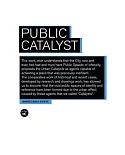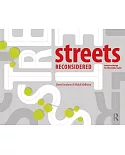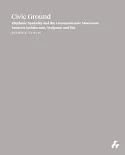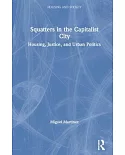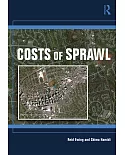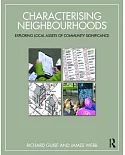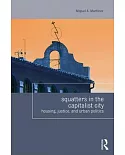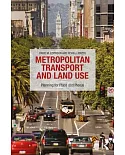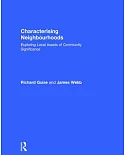`Modern studies of the city have made much of secularization, and while there has been a quickening of interest in the new role of religion in cities few schoalrs have ventured onto the much
more fraught terrain of religious fundamentalisms with the cross-cultural range and analytic depth of the contributors to this timely volume. The product of a genuinely collaborative projet.
The Fundamentalist City? does not plane away the differences between the contributors but brings them into creative tension to illuminate the cultural and political consequences of different
religious fundamentalisms. As provocative as it is sensitive, the result is a compelling account of the intimate connections between fundamentalism, exclusion and the city. Derek Gregory, Dept
of Geography, University of British Columbia, Canada
`New religious movements are often explained as a response to the challenges of modern urban life. But can religious practive, in turn, transform the city? These essays offer a rich variety of
imaginative and insightful explorations of this novel and important question.' Timothy Mitchell, Professor of Arab Studies, Columbia University, USA'
`In the spirit fo resilient exegesis at its best, The Fundamentalist City? mirrors the efforts of most urban residents to locate and use the resourfulness of city life. In doing so, it seeks to
urgently understand how certain residents exude so much faith in their convictions as to deem it nearly imopossible to live with others pursuing different paths. In cities where all
imaginations may be possible, when does the city come to reflect one dominant imagination, and when does it keep all of them in play?' Abdoumaliaq Simone, Dept of Sociology, Goldsmiths
Colleges, University of London, UK
The relationship between urbanism and fundamentalism is a very complex one. This book explores how the dynamics of different forms of religious fundamentalisms are produced, represented, and
practiced in the city. It attempts to establish a relationship between two important phenomena: the historic transition of the majority of the world's population from a rural to an urban
existence; and the robust resurgence of religion as a major force in the shaping of contemporary life in many parts of the world.
Employing a transnational interrogation anchored in specific georgraphic regions, the contributors to this volume explore the intell ectual and practical challenges posed by fundamentalist
groups, movements, and organization. They focus on how certain ultra religious practices of Christianity, Hinduism, Islam, and Judaism have contributed to the remaking of global urban space.
Their work suggests that it is a grave oversimplification to view religious orthodoxies or doctrines as the main cause of urban terrorism or violence. Instead they argue that such phenomena
should be understood as a particular manifestation of modernity's struggles.
AlSayyad and Massoumi's book provides fascinating reading for those interested in religion and the city, with thought provoking pieces from experts in anthropology, geography, sociology,
religious studies, and urban studies.


